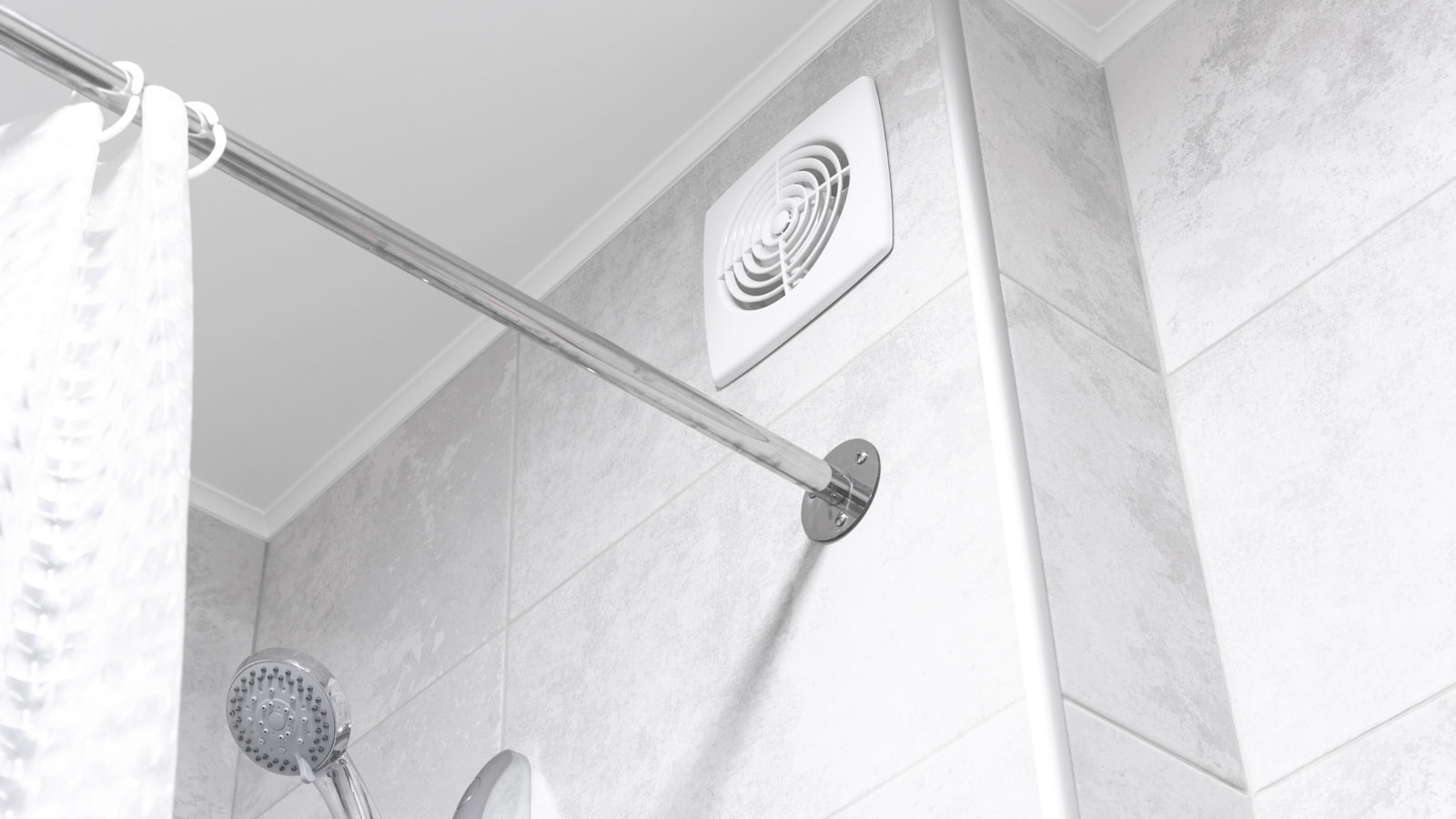Off-grid heating solutions: We asked the experts to explain the options
More and more homeowners want off-grid heating solutions these days as a result not only of rising energy prices, but also a growing awareness of the need for carbon-neutral ways of heating their properties. Here, we explain the main options available
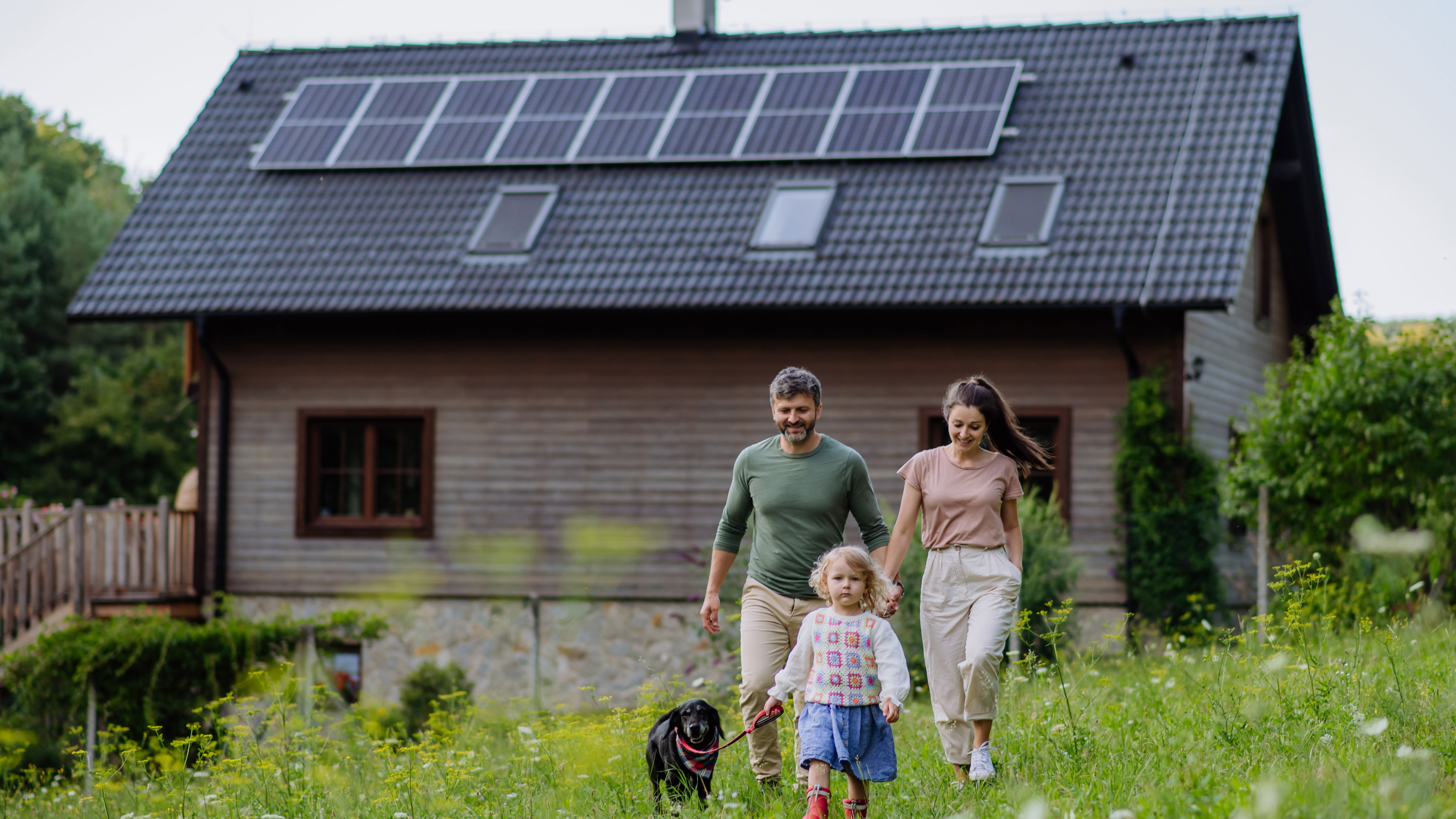
Bring your dream home to life with expert advice, how to guides and design inspiration. Sign up for our newsletter and get two free tickets to a Homebuilding & Renovating Show near you.
You are now subscribed
Your newsletter sign-up was successful
The search for off-grid heating solutions is high for a reason. Not only are there approximately four million homes that aren’t connected to the mains gas network in the UK, according to OVO Energy, but, more and more homeowners are looking for environmentally-friendly ways to heat their homes too.
“As frustrations continue to rise with energy bills, many will be considering opting for off-grid heating alternatives, and as we are all encouraged to be more eco-friendly; off-grid heating systems can not only benefit your wallet but the environment too," says James Longley, MD and founder of Utility Bidder.
We spoke to experts in the field to bring you a guide to the most common off-grid heating methods and explain their pros and cons.

James Longley is managing director and founder of Utility Bidder, an award-winning business energy consultancy in the UK. He primarily manages supplier relations, as well as helping with new business opportunities. James has nearly two decades of experience under his belt in the energy sector, and has since expanded to launch the 'James Longley Group' in 2024 - where ambitious business owners can seek to maximise their growth with James' help.
1. Heat pumps
There is so much interest surrounding heat pumps right now that it would seem crazy not to start with them, although it is worth noting from the get-go that to be truly off-grid these will require an off-grid energy source to be used in conjunction with them.
"Although heat pumps are gaining popularity, many homeowners still have questions about their benefits," says Andy Kerr, founder and CEO at BOXT. "These energy-efficient systems offer year-round heating (and in some cases cooling too) potentially lowering utility costs and reducing environmental impact. Understanding their advantages can help homeowners make informed decisions.
“A heat pump works by transferring heat from one place to another using electricity," continues Andy. "In the winter, an air-to-water heat pump extracts heat from the outside air and transfers it indoors to warm your home through your water-based heating system, such as radiators or underfloor heating.
"This efficient system provides heating without generating heat directly, making it an energy-efficient alternative to traditional systems," explains Andy. "Air-to-air heat pumps, more commonly known as air conditioning or HVAC systems, can provide both heating and cooling making it an energy-efficient alternative to keep your home comfortable all year round."
Bring your dream home to life with expert advice, how to guides and design inspiration. Sign up for our newsletter and get two free tickets to a Homebuilding & Renovating Show near you.
Cost: "Typically, an air-to-air model is the cheapest and can cost no more than £3,000," explains James Longley. "Yet other air-source heat pumps costs come in at around £10,000 to fit, and those that are ground source may cost up to £35,000 to install.
"The size of your home can affect the cost of your heat pump, as larger properties may need to install a bigger system," continues James. "Some properties may even require more than one pump, which will therefore increase the price.
"If you have existing pipework or radiators in your home which are due for an upgrade, this can also add to the cost. It is therefore important to purchase a system that is sized appropriately for your home," adds James. "There will be costs associated with heat pumps that build up along the way, but this will all help to introduce efficient home heating with minimal fuss. For example, to heat the whole home, a ground source heat pump will set you back over £1,000 per annum, nevertheless, compared with gas, oil and electric boilers, the efficiency is over three times that of any relatable device and the energy used throughout the year is also three times as small at 3,833 kWh."
Benefits of heat pumps as an off-grid heating solution:
- They are efficient. "Heat pumps deliver three times more energy than they consume by transferring rather than generating heat," according to Andy Kerr.
- "They can be used for heating and air conditioning," says James Longley. "This also means they are very energy-efficient, and over 50% more efficient when compared to traditional heating and cooling systems.
- Quiet to run. "They are designed to produce a minimal amount of noise when operating," says James Longley. "A standard air conditioner will operate at around 60 decibels, whereas a heat pump will run at around 40 decibels."
- May qualify for funding through the Boiler Upgrade Scheme.
Disadvantages of heat pumps as an off-grid heating solution
- They are initially expensive. "It may be daunting looking at these upfront costs – nevertheless, the longevity and effectiveness of such devices will pay off" says James Longley.
- You may need to add insulation to your home. "Heat pumps work most efficiently in homes that are well insulated and your property may need to have improved insulation before installing your heat pump," says James. "Although time-consuming, this isn’t as expensive as you may think, and in time will help lower your heating bills."
- To be truly off-grid, you will need to pair your heat pump with solar panels and a solar battery, which will be additional expense.
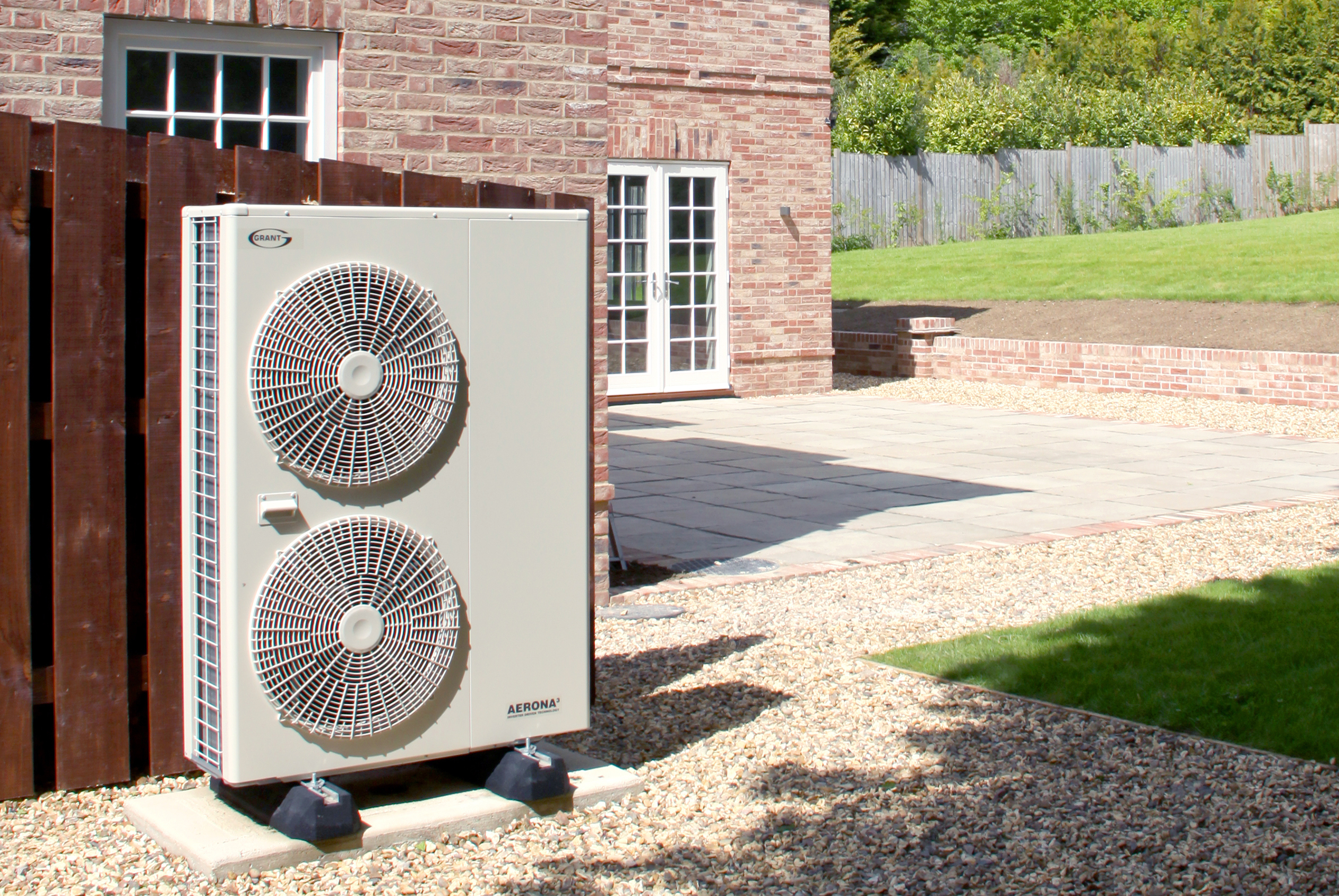
2. Solar thermal heating
Next up, solar thermal – an off-grid heating solution that most people will have heard of but may still be unsure about in terms of all the ins and outs.
It is important not to confuse solar thermal with solar PV.
"There are two types of solar – those that generate electricity (solar PV), and ones that heat hot water (solar thermal)," says Malcolm Farrow, head of public affairs at OFTEC. "Solar on its own won’t keep your home warm – it is best to think of it as a secondary system that can help make other types of heating cheaper to run."
Although solar thermal panels may look like solar PV panels, they work differently, turning sunlight into heat (as opposed to electricity). The panels contain liquid-filled tubes and the sun heats this liquid up. The liquid is then transferred up a copper coil and warms your hot water tank. This can provide heating and hot water.
Cost: As with heat pumps, solar thermal can initially seem expensive to install.
According to Checkatrade, you should expect a quote of between £3,000 – £6,000 for a typical 5m² thermal collector roof area and 250-litre cylinder.
Benefits of solar thermal as an off-grid energy option:
- Use 60% less energy to heat water, up to 35% less energy for space heating compared to systems that rely on fossil fuels, according to Vailant.
- Little to no running costs.
- Reduce your carbon footprint.
Disadvantages of solar thermal as an off-grid heating option:
- Not everyone loves the way panels look. Some people choose to use a flat roof, garage or a structure in the garden to install them.
- Initially expensive. May not be worth the outlay if you plan on moving house soon.
- Not compatible with combi boilers.

Andy is founder and CEO at BOXT, a multi award-winning online platform designed to revolutionise the way heating systems are installed in homes. Founded in 2017 by industry experts, within six months from launch, BOXT became the UK’s second largest boiler installer, and has provided over 3 million online quotes across the product range, with a nationwide network of over 10,000 installers. Backed by the Robert Bosch Group from concept stage, it has taken recent investment from Brookfield, one of the biggest energy and infrastructure asset management companies in the world.
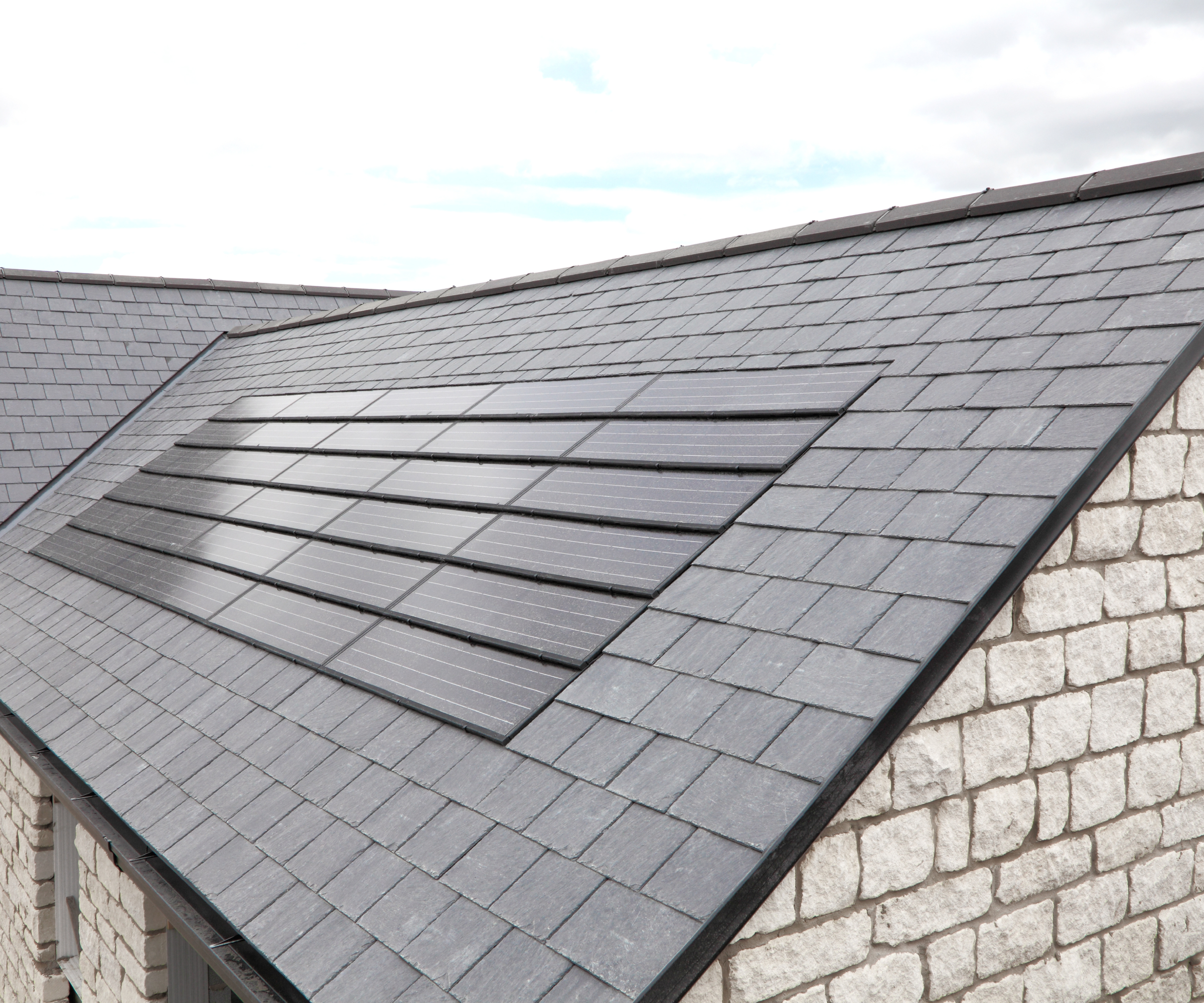
3. Biomass boilers
Although solid fuel is often thought of as only being suitable as secondary heating source, nowadays that is not always the case.
"Solid fuel heating can range from simple open fires and stoves to more sophisticated biomass boilers that heat radiators and run on specially-prepared pellets," explains Malcolm Farrow. "This latter type is usually considered to be a form of renewable heating and is often fitted as a replacement to a liquid fuel or gas-fired boiler."
Cost: The cost of biomass boilers varies hugely with prices starting from between £11,000 - £15,000. This could rise up to £25,000 for installed systems with a pellet hopper and delivery fuel system.
Benefits of biomass boilers as an off-grid heating option:
- Carbon neutral.
- Great way to use waste wood.
- Biomass for pellet boilers has a more stable price than oil or gas.
- May qualify for funding through the Boiler Upgrade Scheme.
Cons of biomass boilers:
- Take up more space than traditional boilers.
- Storage space for fuel required.
- Need to be continuously suppled with pellets or chips (unless you use a hopper which will add to initial costs).
- Not all areas are well-served by local suppliers.
- Need regular cleaning.

Malcom Farrow is head of public affairs at OFTEC, a leading 'not for profit' trade organisation for the heating and cooking industries in the UK and Republic of Ireland. OFTEC's aim is to promote the highest professional and technical standards for technicians and businesses working in the industry and, by doing so, support the needs of heating users.
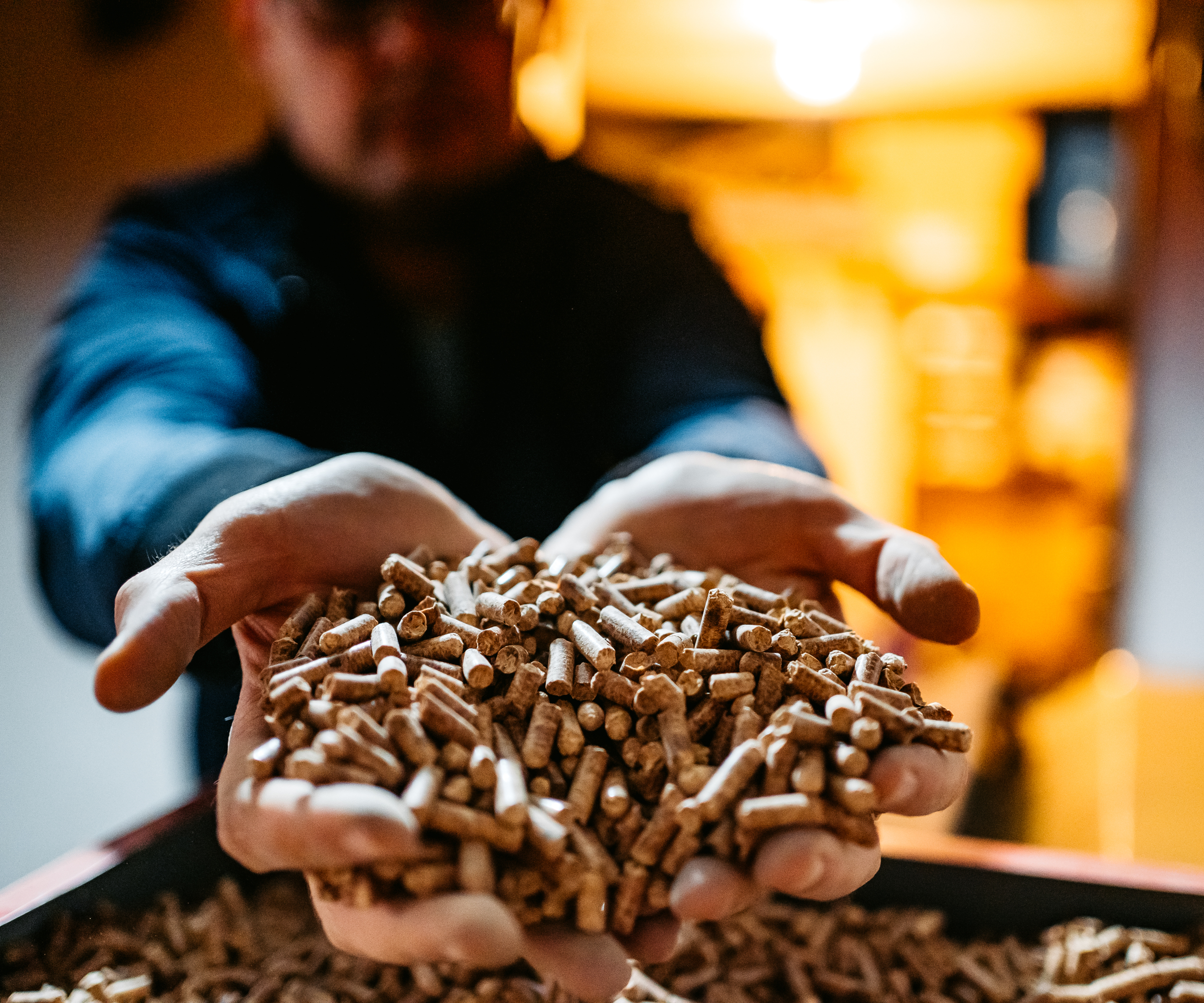
4. Oil heating
Sometimes referred to as 'liquid fuel heating', according to OFTEC, oil heating is: "the fuel of choice for around one million homes in Great Britain and a similar number in Ireland."
"It can be used for both heating and cooking and offers similar advantages to mains gas in terms of convenience and ease of use," says Malcolm Farrow. "The latest liquid fuel-fired condensing boilers have efficiency ratings of over 90% – equal to gas boilers – and liquid fuel is one of the cheapest fuel options available."
Just like gas boilers, oil-fired boilers heat water and pump it into your radiators and hot water taps. Both regular system boilers – that need a separate hot water tank – and combi boilers are available with oil. A tank to store the oil can be rented or purchased from your oil supplier and will be located somewhere on your property to store your oil reserves. It will periodically need to be refilled.
Cost: According to OVO Energy, an oil system costs between £4,000 - £6,000, including the boiler, storage tank, water tanks, radiators, piping and labour.
Benefits of oil heating as an off-grid heating option:
- As a fuel type, oil is cheaper than electricity, LPG and biomass.
- Easy to control and direct heat where it is needed.
- Plenty of suppliers and simple delivery.
- Works well alongside other low-carbon options, such as solar.
Disadvantages of oil heating as an off-grid heating option:
- Access for delivery lorries required.
- The price of oil is fairly volatile.
- Not an eco-friendly option as it is a finite fossil fuel.
- Replacement renewable liquid fuel options not yet available.
- Will not always be possible due to the oil boiler ban, currently expected to come into force in 2035
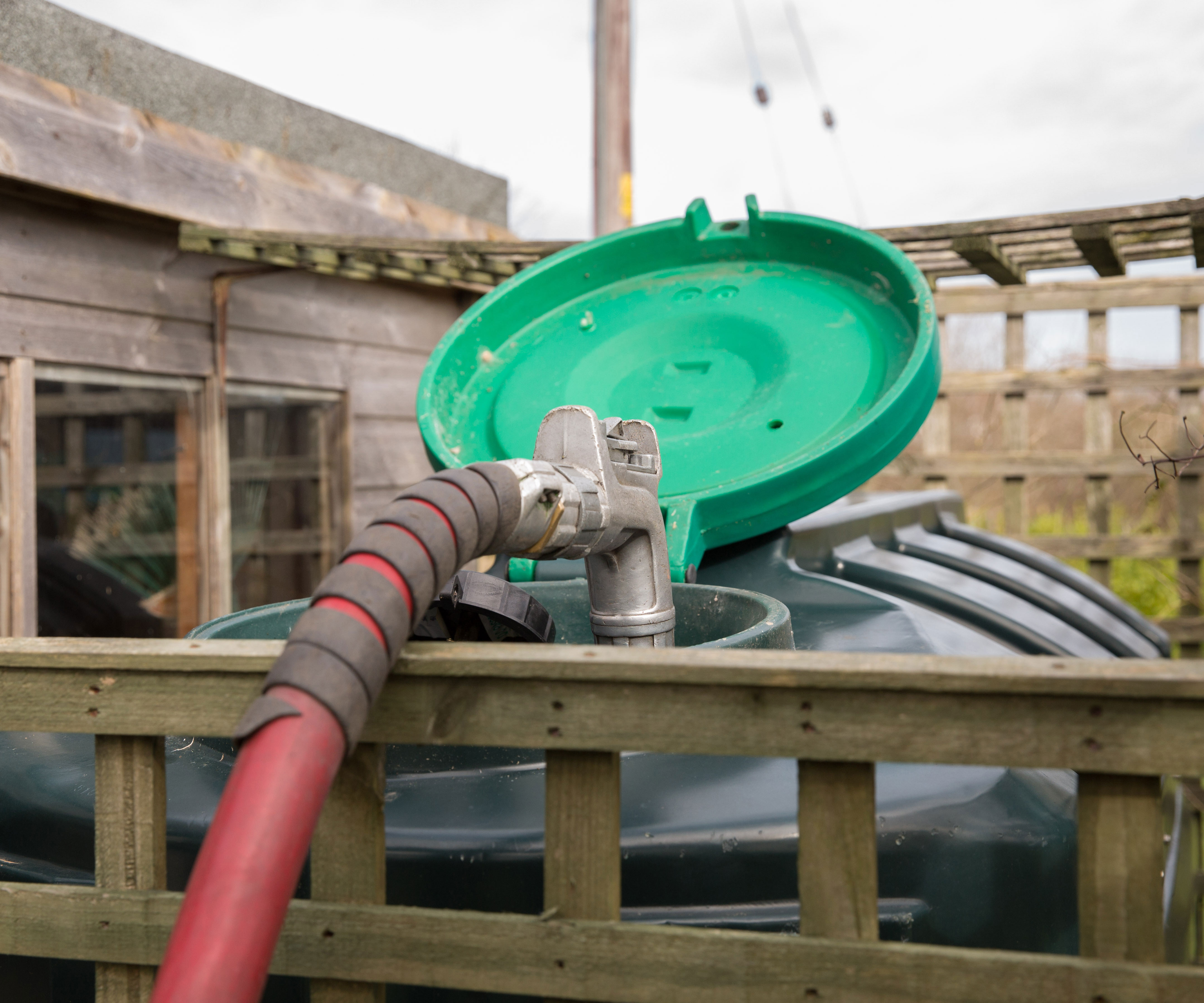
5. LPG boilers
Like oil, liquid petroleum gas (LPG) is stored in a tank in the garden of the house is it fuelling.
"Unlike liquid fuel tanks, the tank is usually owned by the company that supplies the gas, which can make a new installation cheaper, but means an ongoing annual rental charge will apply," explains Malcolm Farrow.
LPG boilers are generally cheaper to buy than oil boilers and produce less in the way of carbon emissions. However, LPG also tends to be a little more expensive than oil. That said, it is a more efficient fuel so may help in the long run with your heating bills.
Cost: LPG boilers start from around £400 – not including all the associated pipework, radiators or labour. You also need to take into account the cost of the tank.
Bear in mind too that if you require a tank to be installed below-ground you will be facing costs of approx. £1,500.
"LPG is basically another type of gas heating, so installation costs will be similar to installing a mains gas system, except with a tank instead of the connection to the grid," explains Malcolm Farrow. "I’d expect the installation cost to be similar to oil, perhaps a little less."
Benefits of LPG boiler as an off-grid heating option:
- Cheaper to buy than oil boilers.
- Slightly cleaner fuel emissions than oil.
- More compact (and quieter) than oil boilers.
Disadvantages of LPG boilers as an off-grid heating system:
- Higher fuel costs than either gas and oil.
- Space in garden will be taken up by the tank and access required for LPG delivery vehicle.
- Underground tanks will not be suitable for flood-prone areas or those with water rich soil.
- Needs to be topped up regularly.
- Will eventually not be available due to the gas boiler ban, that is currently due to take effect for new and existing homes in 2035
FAQs
Are solar panels a good off-grid energy option?
“More than 1.3 million people in the UK have solar panels installed in their homes," says James Longley. "Solar panels are a great way to save money and many UK homeowners are being urged to have these installed, as not only can it help lower bills, but they’re also environmentally friendly."
"Solar panels are a great option for homes looking for a more sustainable form of energy," says Andy Kerr. "They are suitable for a wide range of homes and are therefore a great option for anyone looking to reduce their carbon footprint. The panels are placed on the roof of the building and they absorb the natural sunlight as it hits, turning this into electricity for use in the home.”
"Once fitted, over time, the panels can help you save from 50% to 70% on your energy bills. The number of solar panels needed for your home will depend on the property size. On average, a three-bedroom house will require around 10 solar panels (3.5kW), whereas a one-bedroom house will need around 6 panels (2.1kW). In each case, the panels will produce enough electricity to cover an average of 49% of a household’s annual usage, which is why it is important to purchase the right amount of solar panels for your property."
If you are considering solar PV you might also like to look into wind turbines – another viable off-grid energy source.
Do solar panels or heat pumps last longer?
A driving factor when it comes to choosing between solar heating and heat pumps for many people (although it is not uncommon to have both) is lifespan.
"The average lifespan of a heat pump is typically between 15 and 20 years, depending on the type of heat pump and how well it is maintained," advises Andy Kerr. "With proper care, some heat pumps can even last beyond the 20-year mark."
So, how long do solar panels last in comparison?
"Solar panels have a typical lifespan of around 25-30 years, but it’s not uncommon for them to last longer due to recent advancements in technology," continues Andy. "The panels do not stop working after this timeframe, but their efficiency cannot be guaranteed. We recommend yearly servicing of your solar panels so that any issues can be spotted before they become a problem and their efficiency can be maintained."
"It is important that people don’t think these are competing heating options," points out Malcolm Farrow. "You might have solar voltaic (solar electricity generation) installed with a heat pump; or solar water heating with a boiler, but you’re unlikely to just have solar on its own."
Can I use the boiler upgrade scheme to buy off-grid heating?
If you haven't yet looked into the Boiler Upgrade Scheme and are thinking about changing your heat source, you really should familiarise yourself with it.
"The Boiler Upgrade Scheme offers grants to help cover the cost of replacing an oil or gas boiler with a low-carbon heating system," explains Andy Kerr. "Eligible homeowners in England and Wales can receive £7,500 towards an air source or ground source heat pump, and £5,000 for a biomass boiler. While the scheme is not available in Scotland, residents there may qualify for interest-free loans to improve their home's energy efficiency."
Alongside researching the various off-grid heating options, it is also useful to ask 'how much does it cost to install central heating?' as this will need to be taken into account when budgeting.
¹Based on a detached home using a 12-panel system with battery storage on a south-facing roof.
EDITOR’S NOTE: An earlier version of this article included a quote from a purported expert whose credentials we have not been able to verify. The quote has been removed. We regret this lapse in our verification process and have updated our internal protocols to reduce the risk of recurrence.
Natasha was Homebuilding & Renovating’s Associate Content Editor and was a member of the Homebuilding team for over two decades. In her role on Homebuilding & Renovating she imparted her knowledge on a wide range of renovation topics, from window condensation to renovating bathrooms, to removing walls and adding an extension. She continues to write for Homebuilding on these topics, and more. An experienced journalist and renovation expert, she also writes for a number of other homes titles, including Homes & Gardens and Ideal Homes. Over the years Natasha has renovated and carried out a side extension to a Victorian terrace. She is currently living in the rural Edwardian cottage she renovated and extended on a largely DIY basis, living on site for the duration of the project.

